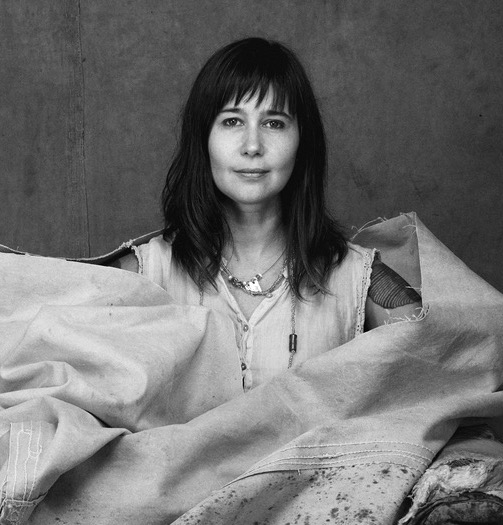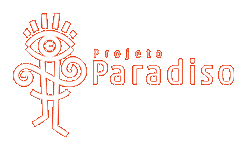
Name: Sandra Delgado
Area of work: Screenwriting, Directing, Research
Program: Bolsa
Edition: 2025
State: BA
City of origin: Salvador, BA
Sandra Delgado is a director, screenwriter, and visual artist whose works include documentary films, photographs, prints, and installations. Born and raised in Brazil, mother of three children, she lives in between Rio de Janeiro and Los Angeles. She began her training as an assistant to the photographer Mario Cravo Neto, with whom she worked from 1999 to 2001 in Salvador, her hometown. She moved to Rio de Janeiro and worked as a photographer and photo editor for Coletivo Viva Favela, a community journalism project run by the NGO Viva Rio from 2002 to 2006, receiving the Open Society Institute's Human Rights and Documentary Photography Award - Soros Foundation (2005) and the Vladimir Herzog Award for Amnesty and Human Rights (2003). She also received an individual award in the Veracidade National Contest for her photograph “Piscinão de Ramos.” She produced a series of exhibitions and urban interventions for the Viva Favela Collective in museums such as: Centro Cultural dos Correios, Centro Cultural Light, Sesc Madureira, and Flamengo, and in Rio de Janeiro communities: Cidade de Deus, Rocinha, Complexo da Maré, Complexo do Alemão, Cantagalo, and Queimados. She studied documentary film with Eduardo Coutinho, Geraldo Sarno and João Moreira Salles. She completed a postgraduate degree in “Photography and Social Sciences” at Universidade Cândido Mendes in Rio de Janeiro (Brazil), graduated in Social Communication (Journalism) from Universidade Federal da Bahia (Brazil), developed authorial research at EAV - Escola de Artes Visuais do Parque Lage (Brazil), completed a six-month artistic residency at the Flora Ars & Natura contemporary art space (Colombia), and studied Film Feature at UCLA (California-USA). She was director, photographer, screenwriter, and producer of the documentary series “Terceiro Sinal” (2015), about the creative process of four great Brazilian theater directors: Aderbal Freire-Filho, José Celso Martinez Corrêa, Amir Haddad, and Domingos Oliveira, which premiered on the GNT (Globo) channel. She is currently developing the documentary “Existi” about Brazilian artist, dancer, choreographer, and author Marilena Ansaldi, a pioneer of dance theater in Brazil in the 1970s. In 2018, his hybrid project “Objetos da Memória” (Objects of Memory) opened the Rio de Janeiro International Photography Festival - FotoRio Resiste - at Retrato Espaço Cultural, with an installation composed of portraits, biographical objects, and audio testimonials with the memories of those portrayed. As a screenwriter and researcher, she worked on the historical drama series “Maria e o Cangaço” (Maria - The Outlaw Legend), which premiered in 2025 on Disney+, based on the book by journalist Adriana Negreiros, which shows the Cangaço (a group of bandits who operated in the northeastern hinterland in the 1930s) from a female perspective. Her first personal writing project—the original screenplay for a fictional feature film and also her directorial debut—is “A Estrangeira” (The Outsider), loosely inspired by real events and characters: the life of photographer and activist Claudia Andujar and Italian missionary Carlo Zacquini. They witnessed the genocide caused by the opening of the Perimetral Norte highway (a project of the Brazilian military government) that cut the territory of the Yanomami indigenous people in the Amazon rainforest in half in the 1970s. For 20 years, Sandra has been dedicated to studying the work of photographer Claudia Andujar. In 2003, she wrote her post-graduation thesis and began a documentary about her. In 2022, she spent time in the Yanomami village of Watoriki, accompanied by anthropologist and indigenous expert Ana Maria Machado, where she conducted field research for the script, as well as consulting with missionary Carlo Zacquini, a personal friend of Claudia's and her partner in activism for the Yanomami cause.
In 2025, Sandra received a fellowship for the Cine Qua Non Lab and became part of the Paradiso Talent Network.


